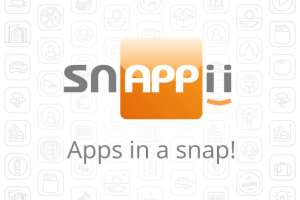 According to The Boston Globe publication the state’s largest health system plans to open as many as a dozen urgent care clinics over the next three years, a move that could shake up the fast-growing market for convenient, walk-in medical care. This way, to meet the high demand and provide quick and qualitative assistance, medical specialists need the advantages of modern technologies, and the main emphasis is on the mobile solutions.
According to The Boston Globe publication the state’s largest health system plans to open as many as a dozen urgent care clinics over the next three years, a move that could shake up the fast-growing market for convenient, walk-in medical care. This way, to meet the high demand and provide quick and qualitative assistance, medical specialists need the advantages of modern technologies, and the main emphasis is on the mobile solutions.
Telemedicine, a representative of mobile technologies in medicine
The shift began some years ago and has accelerated in recent years. Mobile healthcare apps are changing the way patients interact with practitioners and manage their own health. The latest option is telemedicine which lets patients use smartphones and tablets to connect virtually with a doctor and get treatment for conditions. Telemedicine is most beneficial for populations living in isolated communities and remote regions, and is currently being applied in virtually all medical domains. Regardless of the intention of the state to expand the number of clinics, a need for remote medical consultations and assistance will remain. About 450,000 patients will see a doctor through the Internet this year for a primary care consultation, according to the telemedicine association. That total has roughly doubled over the last couple of years.
Telemedicine is also useful as a communication tool between a general practitioner and a specialist available at a remote location. Information plays an extremely important role in the medicine and such reliable, fast and convenient way to get and exchange the information as telemedicine is a great powerful innovation.
The future of medicine is directed to mobile solutions
Clearly, mobile healthcare solutions are the clinics’ next step to becoming even more cost effective and convenient for its patients. What about the telemedicine, it may not be the option for everyone, but the pros seem to outweigh the cons and it continues to grow. Being able to treat patients from their home, give valuable medical support and information and provide service to less developed and remote areas, makes it hard to pass up.

 Login
Login

